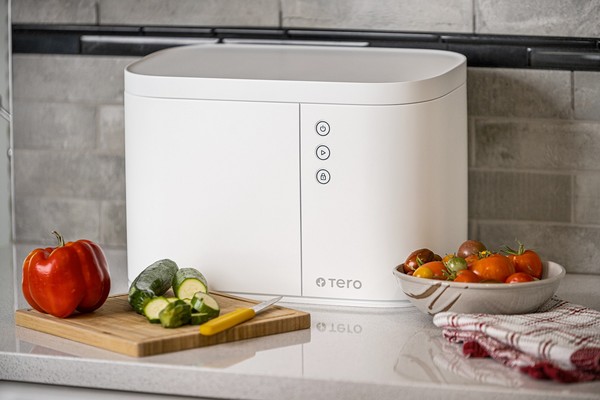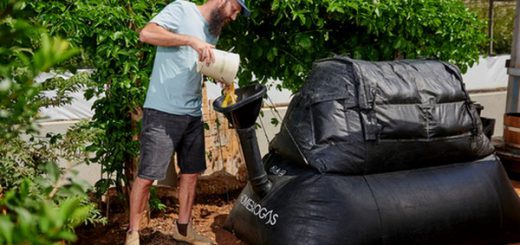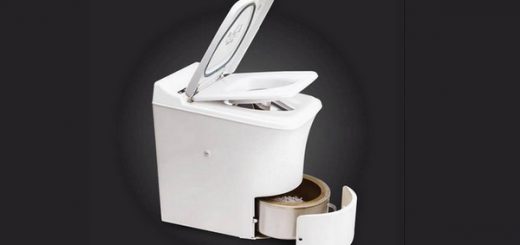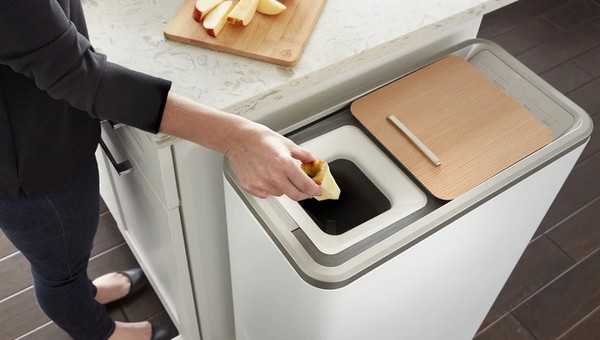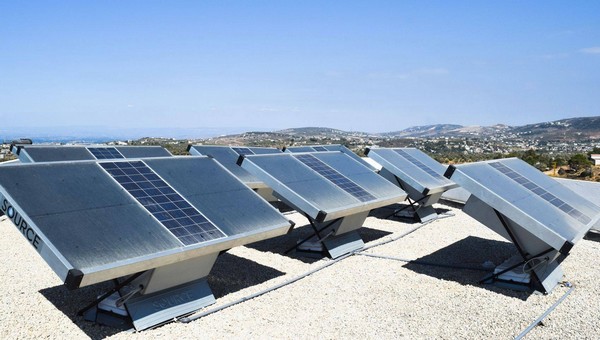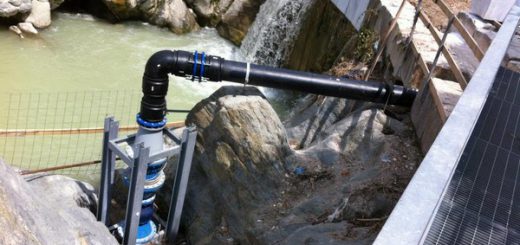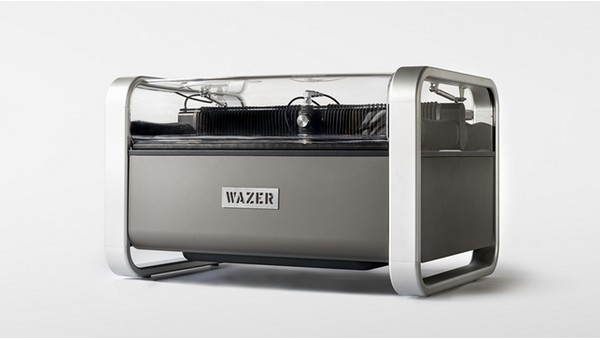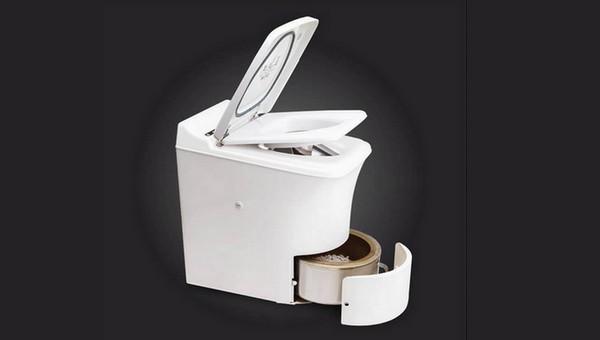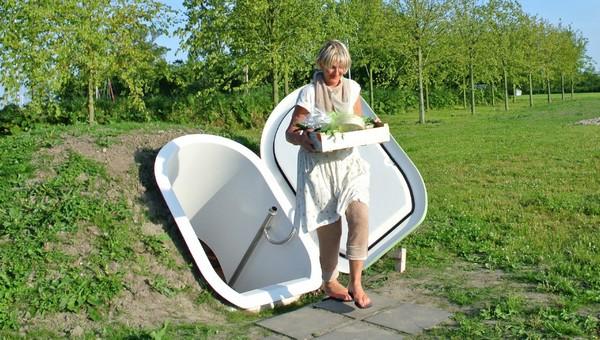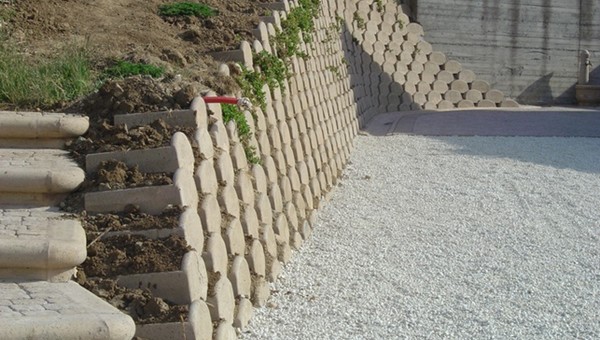TERO Table Waste Recycling Machine
Tero is a household appliance that transforms compostable materials into fertilizers. It is a small electric “ composter ”, which dehydrates and crushes food waste to produce a fertilizer for indoor plants or for the garden.
This small device can efficiently and odorlessly transform fruit, vegetables, meat and even small bones in just three hours, allowing you to produce fertilizer.
Almost everything that is waste from the table can be composted and treated with Tero.
(Watch the video .)
The electrically powered device treats organic matter with heat, it is like an energy efficient small household appliance.
This appliance allows you to make a contribution to the environment by reducing the volume of food waste, and avoids the storage of smelly waste.
The waste treatment cycle is automatic , just follow 3 simple steps:
1. Filling
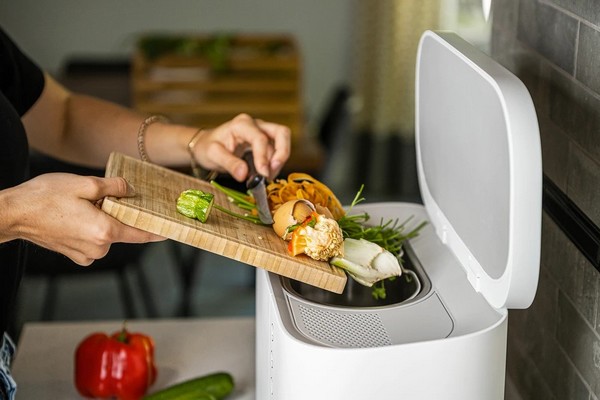
The container is filled with all types of food waste, including products of animal origin.
2. Transformation
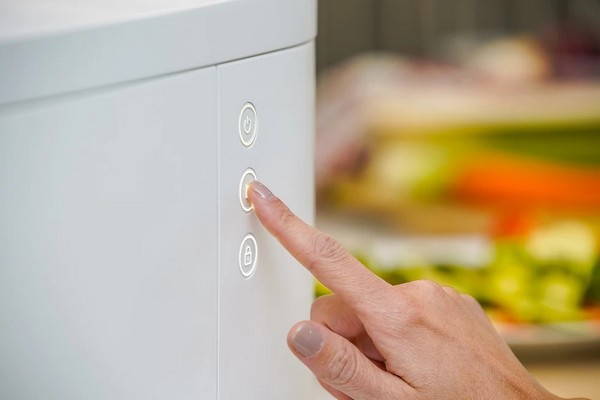
In just a few hours, the crushing and drying technology reduces the volume of waste by almost 90%, eliminating odors and the attraction to flies and other insects.
3. Discharge
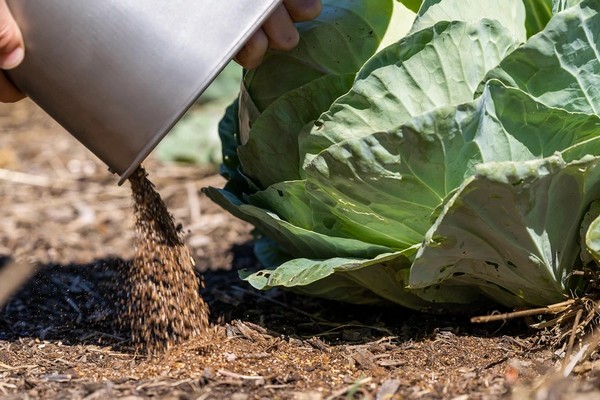
At the end of the cycle it is possible to remove the container and empty a homemade dry fertilizer for the garden, plants and flowers.
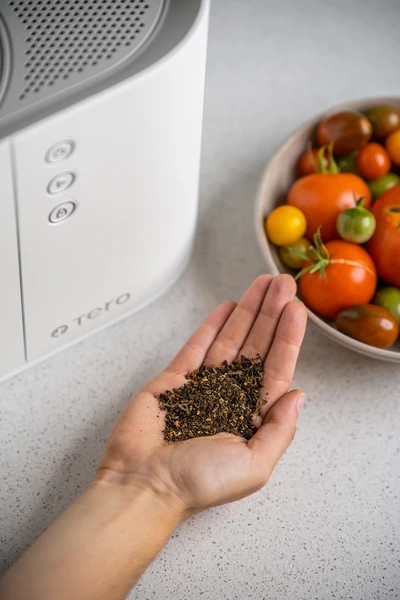
The final material processed by Tero ™ is a natural fertilizer , not a traditional compost, since by definition a compost is transformed by microorganisms, worms and other insects. Both have interesting properties but have small differences.
The fertilizer is a nutrient-rich material such as nitrogen, phosphorus and potassium, minerals that plants need for their growth. The compost is used to give consistency to the ground. In other words, the fertilizer feeds the plants while the compost feeds the soil.
The fertilizer produced by Tero is very fine (with a consistency similar to tea) and it is possible to spread it outdoors in plants, in the garden or directly on the lawn. Once on the soil, it releases its nutrients, continuing to mature in contact with the soil and microorganisms.
For more information, visit the website.

